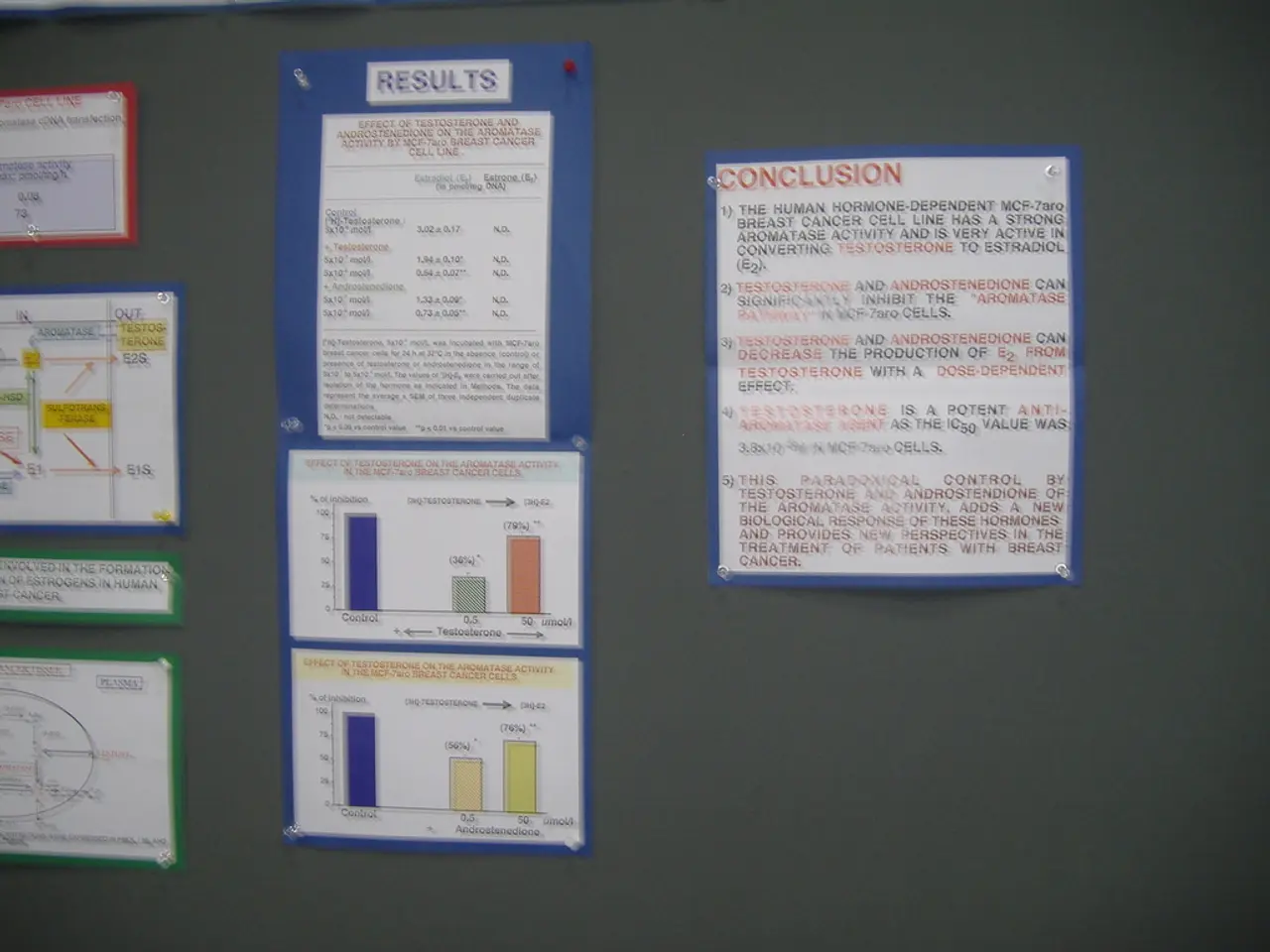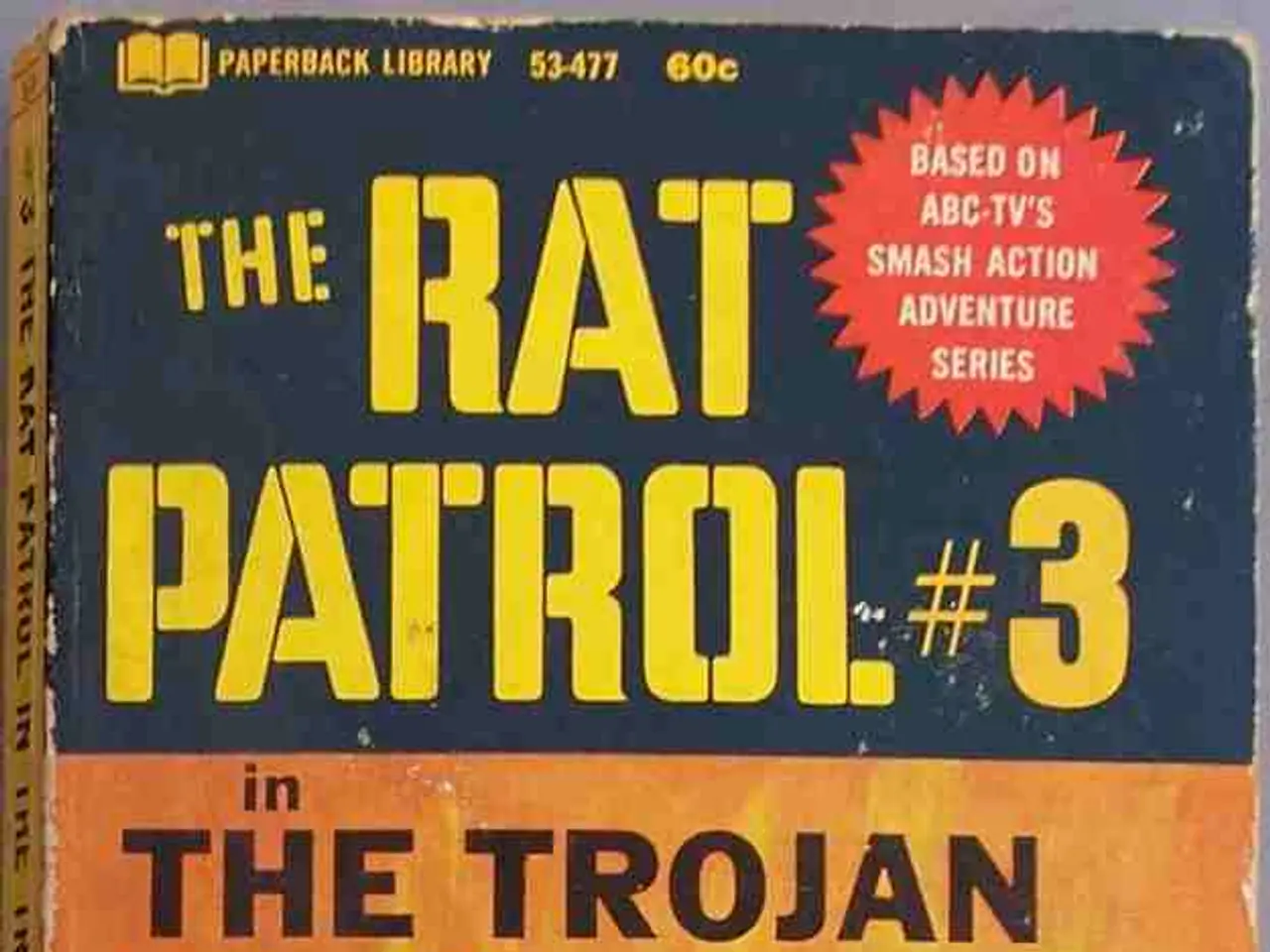"Labour Party leader, Keir Starmer, imposes restrictions on MPs following dissent within the party"
In a significant turn of events, Prime Minister Keir Starmer has suspended at least four Labour MPs - Rachael Maskell, Brian Leishman, Neil Duncan-Jordan, and Chris Hinchliff - for "repeated breaches of discipline" and for "repeatedly breaking the whip." The key point of contention that led to this suspension was the MPs' vote against the government's welfare reforms earlier this month, which was part of a larger 47-strong rebellion within the Labour Party [1][2][4].
The suspensions have brought to light a deeper issue within the Labour Party, as backbenchers are urging the leadership to listen to their concerns instead of punishing them for dissent. The suspended MPs will now sit as independent MPs pending a review, and their actions reflect a broader challenge for Starmer's leadership as he navigates maintaining party unity while implementing his government's policies [1][2][4].
Three other Labour MPs - Dr Rosena Allin-Khan, Bell Ribeiro-Addy, and Mohammed Yasin - had their roles as trade envoys removed due to their participation in the rebellion against the welfare reforms [4].
The cost of U-turns on welfare has been estimated to amount to around £6bn, and leading economists predict sweeping tax rises in the autumn to fill shortfalls due to these U-turns [3].
The suspensions have also drawn the attention of bond markets, with investors growing frustrated with the government's apparent lack of control over its backbenchers. Gilt yields spiked on Starmer's refusal to back Rachel Reeves during a recent PMQs session [5].
The Labour Party has been facing internal strife for some time, with left-wing members openly critical of the Labour leader over his handling of veterans of the party. Dianne Abbott accused Starmer of treating her as a "non-person" last year [6].
Moreover, polls suggest that a party led by the former Labour leader could gain up to 18% of the electoral share [7]. Meanwhile, more than a third of 18-24 year olds might consider voting for such a party in the future, according to YouGov [8].
The Labour Party now has 20 sitting independent MPs, including Rupert Lowe, James McMurdock, Iqbal Mohamed, Shockat Adam, and John McDonnell, who were previously Labour backbenchers [9]. Rachael Maskell was planning to diverge from the government on Israel-Gaza policy [10].
As the Labour Party grapples with these challenges, the suspensions serve as a reminder of the need for open dialogue and unity within the party to effectively serve the needs of the nation.
[1] https://www.theguardian.com/politics/2023/apr/01/keir-starmer-suspends-four-labour-mp-rebels-over-welfare-vote [2] https://www.bbc.co.uk/news/uk-politics-64799920 [3] https://www.ft.com/content/f0f3379f-d1d6-44cf-b4e2-5a58305156b3 [4] https://www.independent.co.uk/news/uk/politics/labour-party-keir-starmer-suspends-four-mps-b918590.html [5] https://www.reuters.com/business/uk-politics-gilt-yields-spike-starmer-refuses-back-reeves-during-pmqs-2023-04-05/ [6] https://www.theguardian.com/politics/2022/mar/12/dianne-abbott-says-keir-starmer-treated-her-as-non-person-in-labour-leadership-race [7] https://www.yougov.com/topics/politics/articles-reports/2023/03/25/poll-suggests-labour-could-gain-up-18-electoral-share-if-john [8] https://yougov.co.uk/topics/politics/articles-reports/2023/03/29/yougov-omnibus-poll-shows-labour-support-among-young-voters-rises [9] https://www.parliament.uk/mps-lords-and-offices/mps/ [10] https://www.thejc.com/news/uk-news/labour-mp-rachael-maskell-plans-to-diverge-from-government-on-israel-gaza-policy-1.524255
- The suspensions of several Labour MPs, including Rachael Maskell, have sparked a debate about the need for open dialogue within the Labour Party, as backbenchers advocate for the leadership to listen to their concerns rather than punish them for dissent.
- The Labor Party's politics have been notably impacted by war-and-conflicts, as the government's welfare reforms and associated rebellions within the party have brought about shifts in policy-and-legislation, such as the removal of trade envoys and the suspension of certain MPs.
- The aftermath of the suspensions, combined with the party's internal strife and growing criticism from left-wing members, has led to general-news coverage about the potential challenges for Starmer's leadership, as he tries to maintain party unity while dealing with the broader effects of the government's welfare reforms and other legislative matters.






